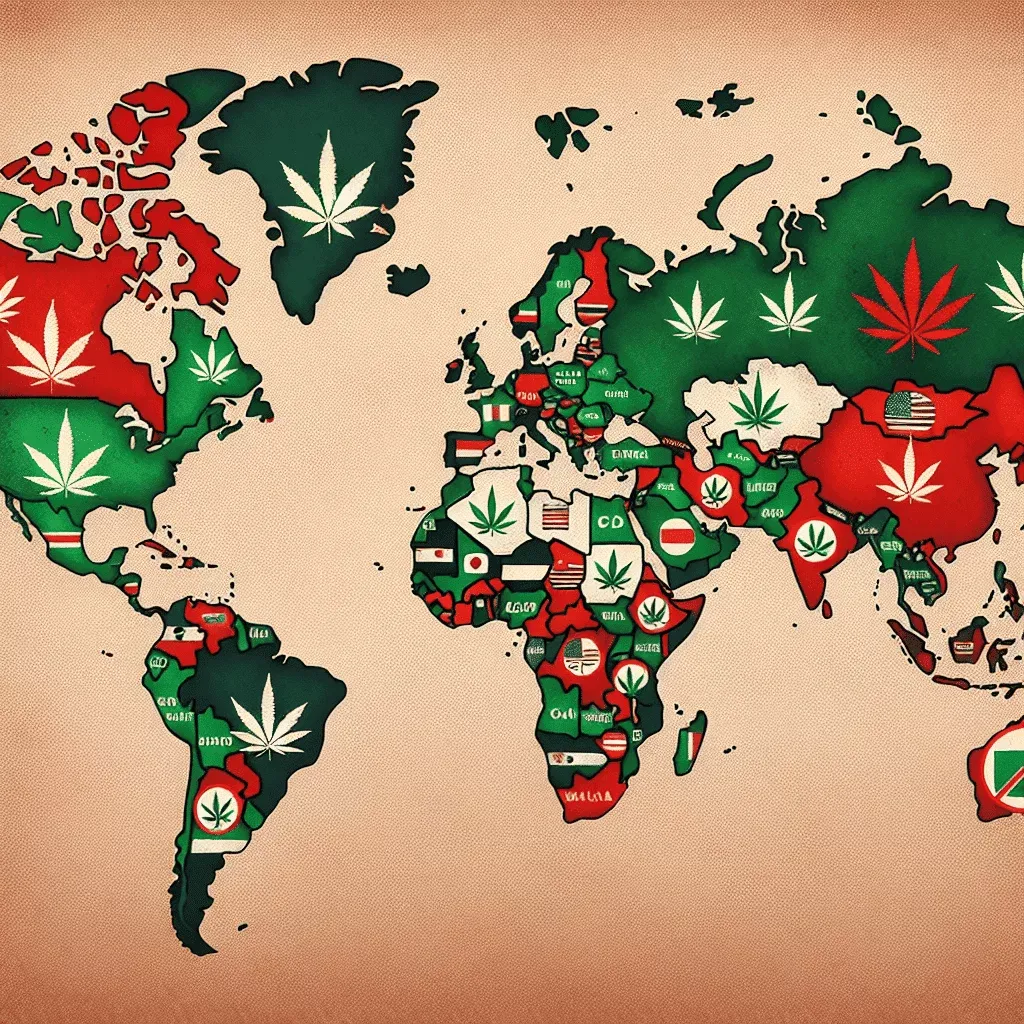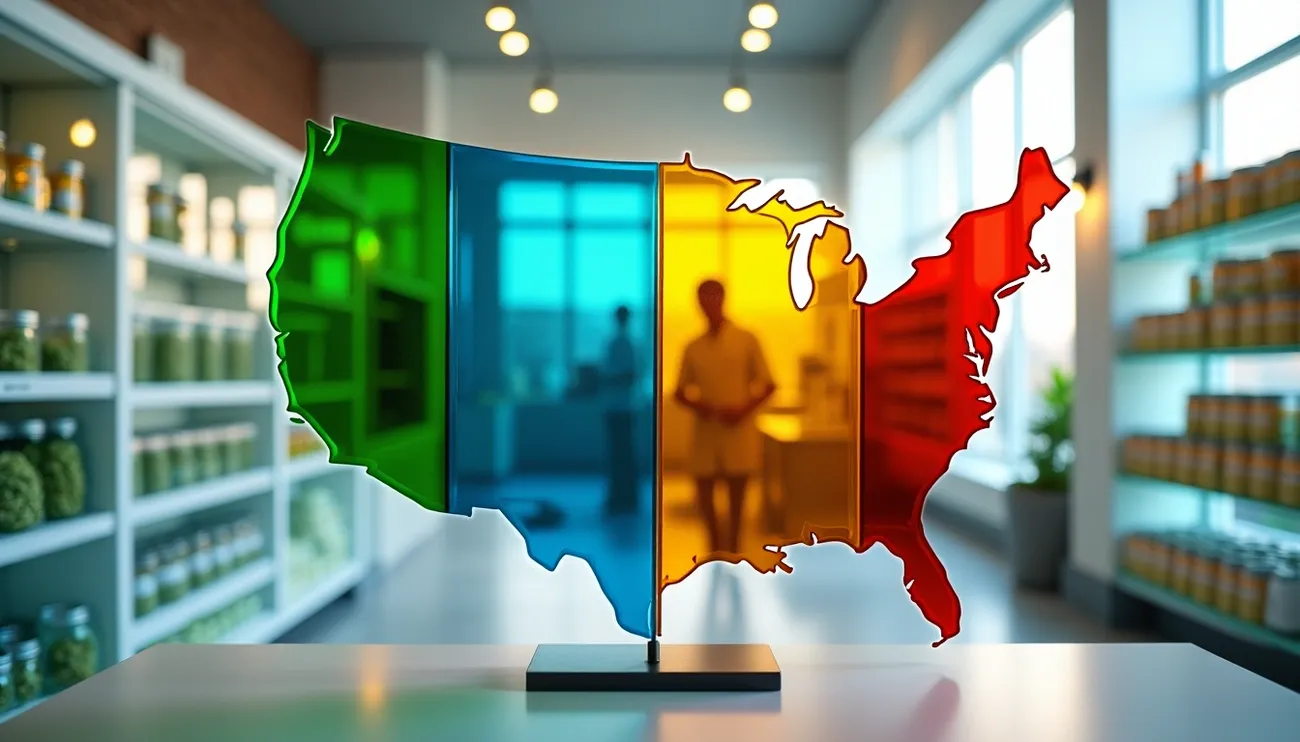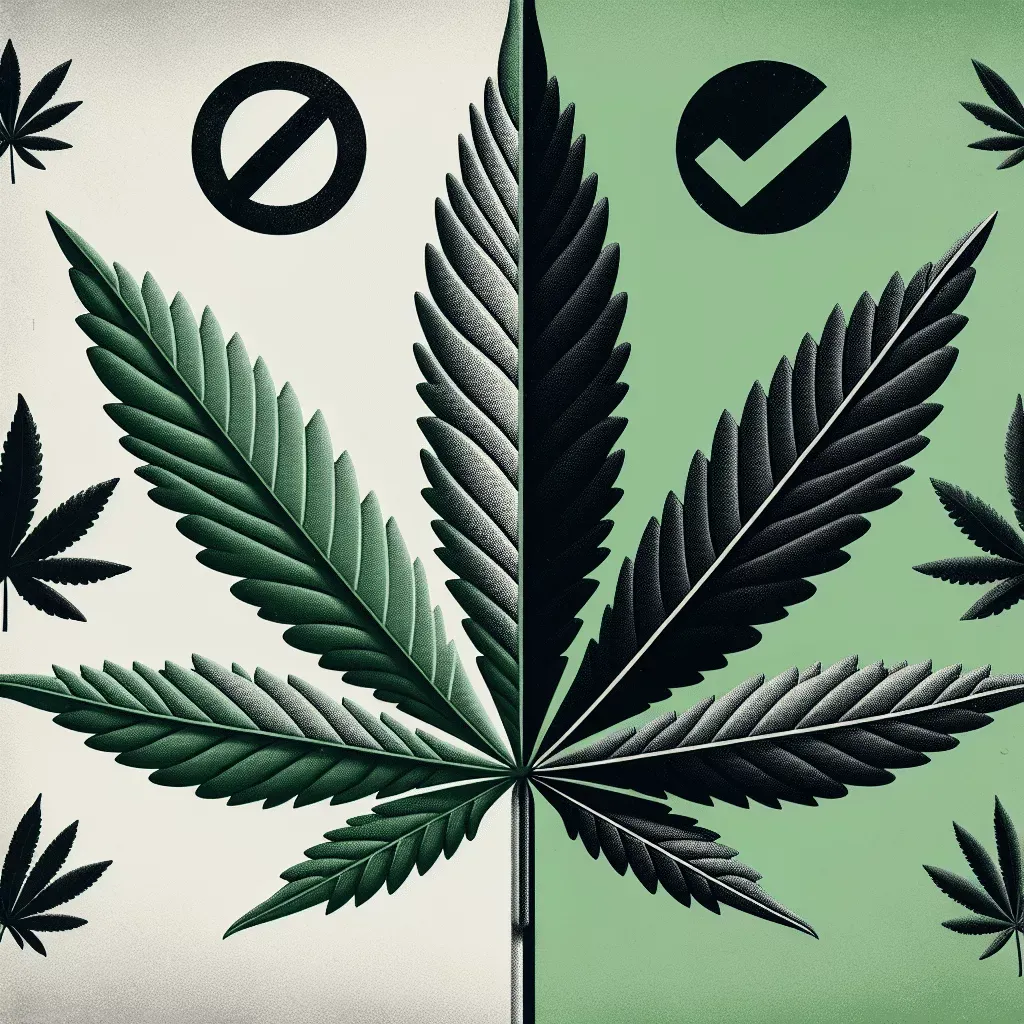Understanding the Impact of Cannabis Decriminalization Worldwide
As society continues to evolve, so too does the legal landscape surrounding cannabis. Around the world, countries are reassessing how they perceive and handle cannabis-related offences, leading many to adopt decriminalization policies. While the debate is complex and multifaceted, understanding the impact of cannabis decriminalization is more important than ever. In this article, we will explore what cannabis decriminalization truly means, the benefits and risks associated with it, and offer some insights into its evolving role on the global stage.
Understanding Cannabis Decriminalization
Cannabis decriminalization refers to the reduction or removal of criminal penalties for certain actions involving cannabis, typically pertaining to personal use or possession. Unlike legalization, which permits the legal sale and production of cannabis, decriminalization often means that such actions carry civil penalties, like fines, rather than criminal charges.
This shift in policy reflects changing attitudes toward cannabis. Where once it was uniformly regarded as a dangerous drug, increasing evidence of its medical benefits and the failures of prohibition have prompted reevaluation. Progressive approaches towards cannabis policy acknowledge that criminalization disproportionately affects certain demographics and often leads to overcrowding in prisons for non-violent offences.
The Benefits and Risks of Decriminalization
One of the most significant advantages of cannabis decriminalization is the potential for criminal justice reform. By easing the penalties for cannabis-related offences, decriminalization helps reduce the burden on law enforcement and the judicial system. This can lead to significant cost savings, allowing resources to be reallocated to more serious crimes.
Moreover, decriminalization carries public health benefits by shifting the focus from punishment to treatment. Individuals caught with small amounts of cannabis are more likely to receive counselling or drug education rather than jail time, potentially reducing substance abuse issues.
However, some concerns and risks are associated with decriminalization. Critics argue that it may lead to increased usage, particularly among youth, and could exacerbate drug dependency issues if not accompanied by adequate educational and rehabilitative resources. Furthermore, without a regulatory framework, the black market may continue to thrive, negating some of the positive effects of decriminalization.
Statistically, countries that have decriminalized cannabis, such as Portugal, have seen mixed results. While drug-related deaths have decreased, the initial rise in use among the youth population called for additional public health measures.
Practical Insights and Global Perspectives
For countries considering decriminalization, observing the successes and setbacks in nations that have already taken this step is crucial. Learning from their public policy implementations can guide others in setting up robust structures for managing this transition. For instance, Portugal’s integrated approach that combines decriminalization with comprehensive social support and health initiatives has been largely successful in lowering drug use rates and increasing treatment uptake.
Moreover, Canada and Uruguay have provided significant insights by moving beyond decriminalization to full legalization. They’ve shown how regulation and taxation can drive economic gains and reduce black market influence. As more countries explore these changes, they might consider developing policies that blend the strength of these methods with their local cultural contexts.
If you’re interested in an in-depth reading of Portugal’s approach, this article offers a comprehensive analysis.
Conclusion
The decriminalization of cannabis represents a significant shift in how society views drug policy and public health. By examining the myriad benefits and potential pitfalls, we can better understand how decriminalization might be leveraged as a tool for positive change. Moving forward, fostering informed and open conversations about cannabis laws, supported by empirical evidence, will be essential. Let’s continue to examine these evolving policies and share our thoughts on how best they might serve our communities. Feel free to explore more articles on drug policy reform and join the discussion on this pivotal topic.
We encourage you to leave your thoughts in the comments below or explore related articles on global drug policy changes.
FAQ: Decriminalization of Cannabis
What does decriminalization of cannabis mean?
Decriminalization of cannabis means reducing or removing criminal penalties for the possession and personal use of the drug, while it may still be illegal, penalties are typically civil fines without jail time.
How does decriminalization differ from legalization?
Decriminalization removes criminal charges but does not make cannabis legally available for sale. Legalization allows regulated sale and use, often with age restrictions and regulations.
What are the benefits of decriminalizing cannabis?
Benefits can include reduced criminal justice costs, decreased incarceration rates, alleviating pressure on law enforcement, and the opportunity for individuals to avoid having criminal records for minor possession.
Are there any risks associated with decriminalization?
Risks might include increased usage rates and potential public health concerns, concerns over enforcement consistency, and ongoing illegal sales due to unregulated supply.
Which countries have decriminalized cannabis?
Several countries have decriminalized cannabis, including Portugal, the Netherlands, and parts of Australia and Canada, along with several U.S. states. Policies and extents vary widely in each jurisdiction.
Share this content:



